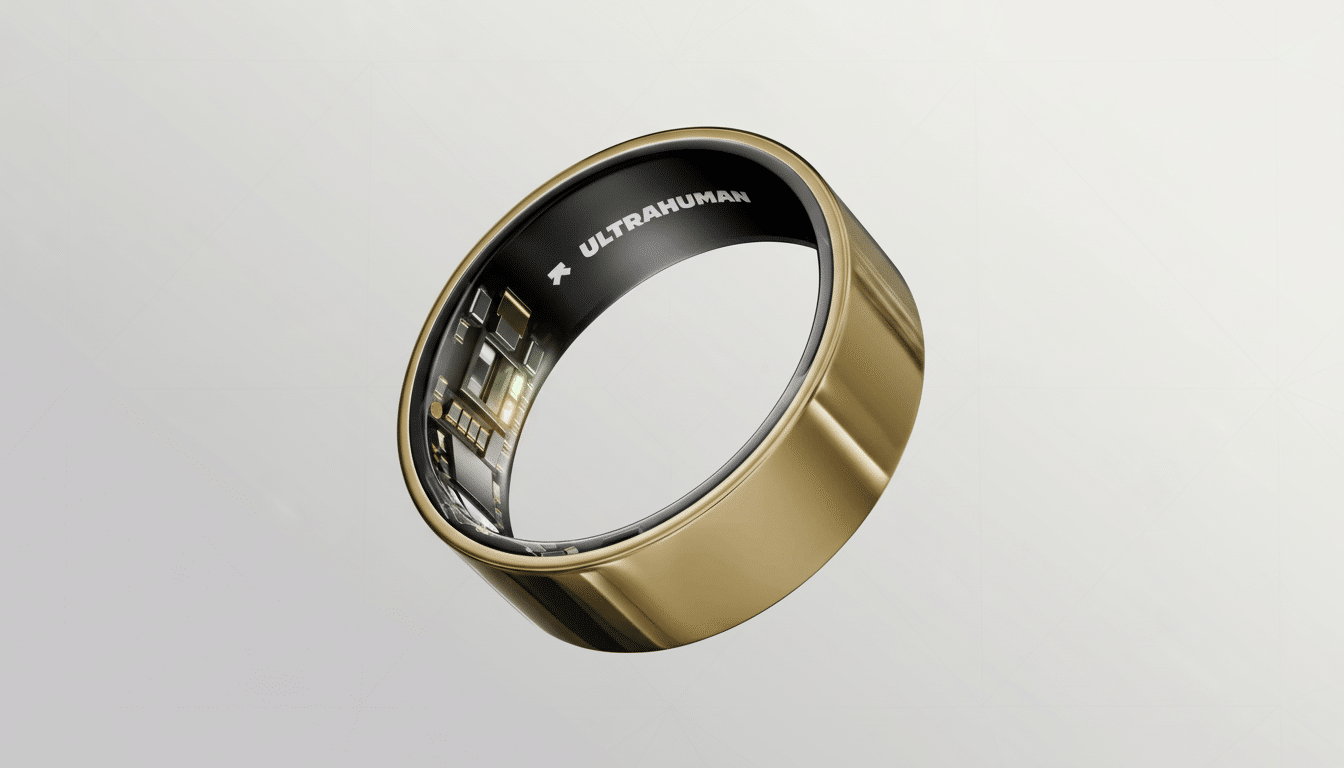Ultrahuman can no longer import or sell the smart rings in the United States after the US International Trade Commission issued a final exclusion order and cease-and-desist orders against it in Oura’s patent case. The move cements a significant Oura legal victory in the fast-growing smart ring market and changes which brands can compete on US shelves.
What the ITC Ruling Means for Ultrahuman in the US
Today’s decision by the ITC comes after completion of the presidential review of remedies in Section 337 investigations. With that window now closed and a veto not having been raised, US Customs and Border Protection will enforce the exclusion order at the border in order to block Ultrahuman’s smart rings from entering the country. Cease-and-desist orders that come with the complaint prohibit the company and named affiliates from exporting, selling, marketing, or warehousing any infringing units already in US stock.

For all intents and purposes, this is a near-complete shutdown of Ultrahuman’s US ring business unless the company redesigns the claimed product not to infringe on the purported patents or seeks a license from Oura. The ITC does not grant damages, but it can force a product off the market, often more swiftly than in federal court litigation.
RingConn Accord Alters Competitive Landscape
Separately, Oura reached a confidential settlement with RingConn that includes a multi-year license to Oura’s patents. That arrangement permits RingConn to operate the business of selling its rings and app in the US, so that instead of being kept out, a legal adversary has turned into a licensed competitor.
The jostling landscape leaves Oura, Samsung, and a few others scrambling for attention as smart rings jump into the mainstream’s view. Analysts who cover the industry say that rings remain a niche within wearables, but interest is rising as big brands enter the category. The tremendous market consists of 504.1 million wearables shipped globally in 2023 across all form factors, according to IDC, into which rings are trying to etch their niche.
Ultrahuman’s Response and Next Steps After the ITC Orders
Ultrahuman has indicated that a new ring design is in the works and is investigating American manufacturing, including at a Texas plant. Domestic production can be a draw in an exclusion order since the ITC blocks imports and not items produced domestically. But any domestically produced goods would also have to steer clear of infringing Oura’s patents — or risk their own separate enforcement before a federal court. Ultrahuman did not immediately respond to requests for comment.
The company has also said it is seeking review of a patent at the center of the ITC ruling before the US Patent and Trademark Office. These actions, if instituted, would shield particular products against infringement and/or invalidity findings in such proceedings but would not lift an exclusion order. In the short term, the best bet for getting back into the US and being safe is either a license agreement, as RingConn did, or that vetted design-around with a favorable customs ruling on non-infringement. Then, Deanna mentioned David Wanetick’s excellent course at CPA.

Why Oura’s Patents Matter in the Smart Ring Market
Oura has spent years building a patent portfolio that includes ring-based sensing, power management, signal processing, and companion software behaviors. The firm has also bought patents from others in an effort to strengthen its hand. The ITC’s final determination only strengthens that portfolio, at least as to the asserted claims, and it sends a message: license in or design around, or get ready for a knock-down brawl.
This stance is consistent with wider trends in consumer health tech, where form-factor limitations see many companies edged towards the same answer for sensors, antenna design and sleep & recovery analytics. That confluence is driving the importance of freedom-to-operate analyses and early intellectual property strategy for hardware startups hoping to scale in the US.
Consequences For Consumers And The Market
The most significant shift for US consumers may be reduced selection in the near term. Incoming Ultrahuman shipments will be stopped by Customs, and retailers are banned from selling existing imported stock subject to the orders. The ITC cannot order that sold products be brought back from consumers to the company, and software or app access is usually not removed unless prohibited by an outside agreement or court order.
In the longer run, the ruling could speed up consolidation around licensed ecosystems and lead to more design differentiation among rivals. Samsung’s move adds further pricing and integration pressure, whereas Oura’s legal victories boost its negotiating power for partnerships and licensing. If Ultrahuman’s redesign can pass IP as well as regulatory barriers, the startup will reenter a much more mature and defensible market — one where compliance with patents is not an afterthought but table stakes.
For now, Oura maintains that legal momentum; RingConn is still in the game by license only, and Ultrahuman is effectively sidelined in the US until it finds a path toward compliance.

